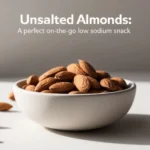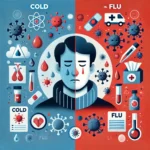Discover 20 Foods never to eat after their use-by dates to keep your food safe and healthy. Important advice is below!
Expiration Dates on Food Products
For our health and well being, the food we eat is essential. Food labels help us make safe and healthy decisions. The expiration date, which shows the best date to eat a product for safety and freshness, is an important component of food labeling. This article will explore the risks of consuming expired foods, understand expiration dates, and highlight 20 Foods Never To Eat Past Their Expiration Dates
The risks of eating expired foods
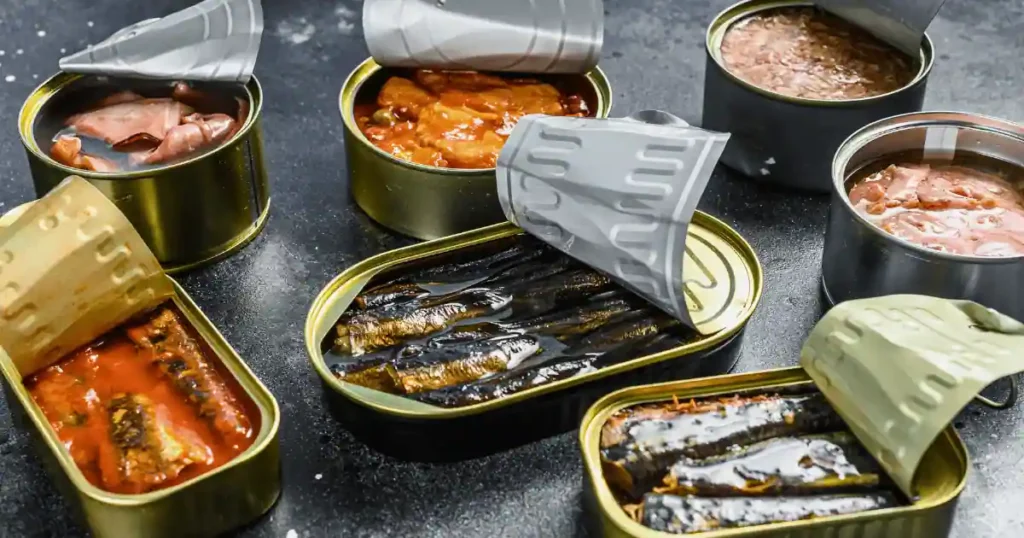
Consuming items after their expiration date might be harmful to your health. Over time, food undergoes different chemical and biological changes that can allow dangerous bacteria, mold, and other pathogens to grow. Some bacteria, such as salmonella, E. coli, and Listeria, can cause serious illness. Vomiting, diarrhea, nausea, stomach ache, and, in the most severe instances, organ failure and death are symptoms of foodborne. Avoiding food that has passed its expiration date requires being aware of the risks and taking necessary precautions.
Understanding expiration dates
Food packaging includes expiration dates to show the expected time frame during which the product will be safe and at its best quality. However, it is essential to understand that some foods have different expiration dates than others and the conditions in which they are stored. There are two primary types of expiration dates: “sell-by” and “use-by.” While the “sell-by” date indicates the date until which the store should sell the product, the “use-by” date suggests the date until the product is at its peak quality. It is important to note that these dates are not always strict deadlines, and the item may still be OK to eat just a few days after the given date. However, it is best to adhere strictly to specific items’ expiration dates to avoid potential health risks.
Expiration dates vs. best-before dates
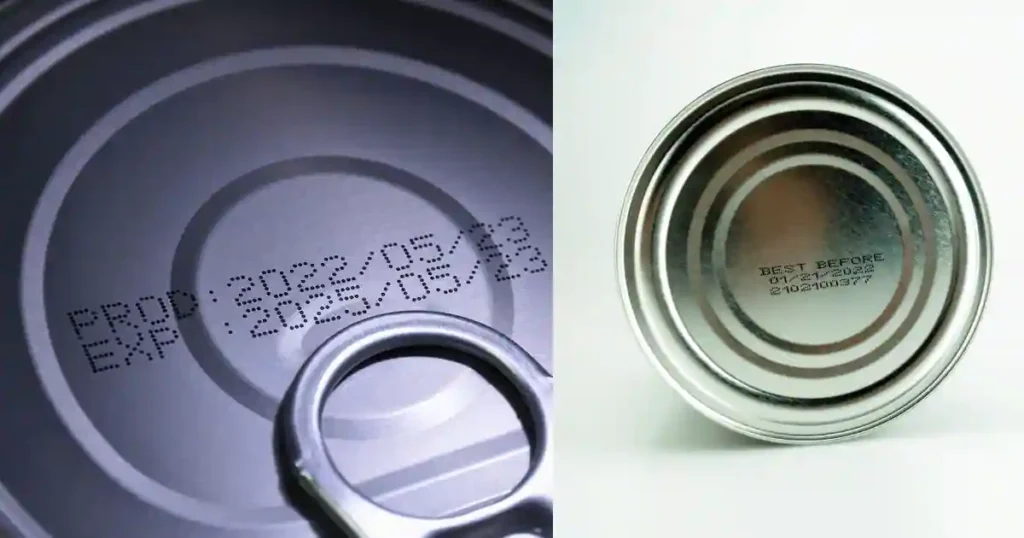
It is essential to know the difference between best-before dates and expiration dates. Expiration dates are typically on perishable foods such as meat, dairy products, and seafood. By looking at these dates, you can see when the food might no longer be safe to eat because dangerous bacteria could have grown on it. On the other hand, best-before dates are commonly found on non-perishable items like canned goods and packaged foods. These dates represent when the food is expected to retain its optimal flavor and quality, but it may still be safe to consume after the date has passed.
Also Read- Weight loss- The Top 10- Best Home Remedies For Fast Lose Weight At Home-
20 Foods Never To Eat Past Their Expiration Dates
1. Dairy products
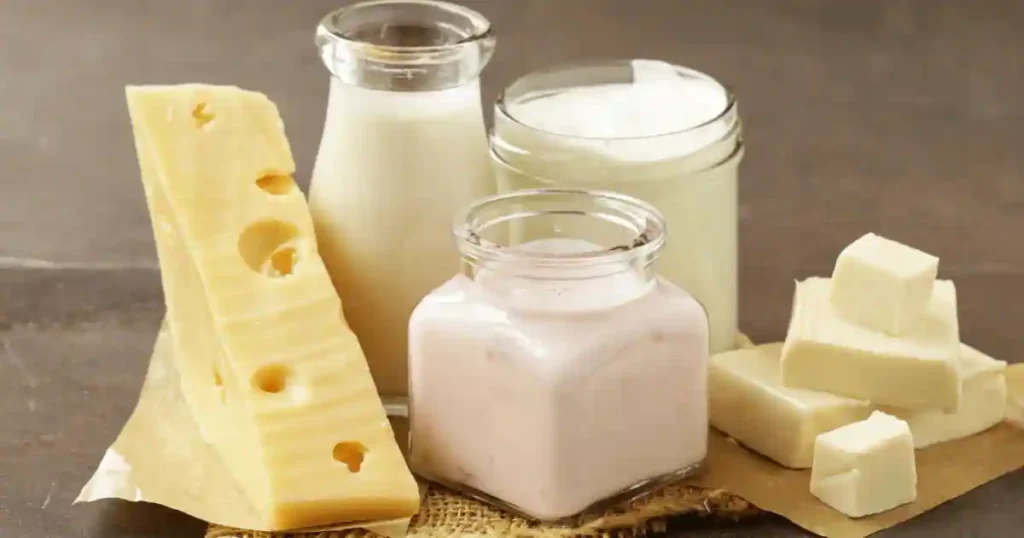
You should only consume dairy products such as milk, cheese, and yogurt until expiration. These products are highly perishable and can quickly develop harmful bacteria such as Listeria monocytogenes, which can cause severe illnesses, especially in pregnant women, older people, and people whose immune systems aren’t working well. Even if the dairy products appear okay, checking the expiration date and discarding them if they are past their prime is essential.
2. Meats and seafood

Consuming expired meats and seafood can be extremely dangerous as they are prone to bacterial growth. These products can harbor harmful bacteria such as Salmonella and E. coli, which can cause severe food poisoning. Ensuring that seafood and meat are fully cooked and consumed before their expiration dates is crucial to minimize the risk of foodborne illnesses.
3. Deli meats and pre-packaged salads

Deli meats and pre-packaged salads are often consumed without cooking, making them susceptible to bacterial contamination. Listeria monocytogenes, found in these goods, causes listeriosis, a dangerous infection that can affect pregnant women, seniors, and others with weak immune systems. For your safety, it’s recommended that you consume the food items before they expire and store them properly in the refrigerator.
4. Raw eggs

Raw eggs can contain Salmonella, a germ that can cause food poisoning. Consuming eggs that are either raw or undercooked might cause severe gastrointestinal disorders. Ensure you always check the expiration date on egg cartons and throw away any eggs past their due date.
5. Canned goods
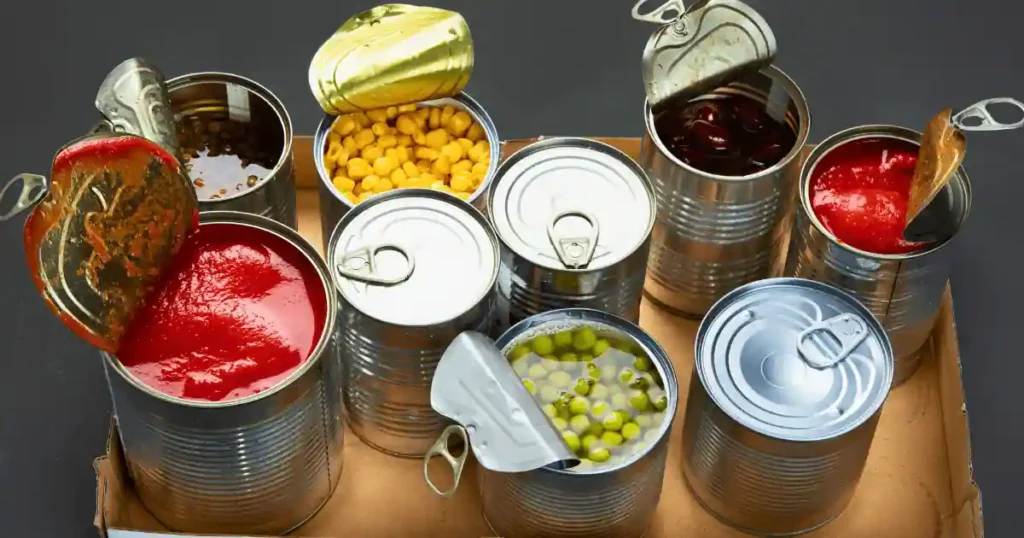
While canned goods have a longer shelf life than other perishable items, they can still expire. Botulism, a rare but severe sickness caused by the Clostridium botulinum bacteria, can be contracted by consuming canned foods beyond their expiration date. Before you throw out any canned foods, verify the expiration date.
6. Baby food and formula

Toddlers’ and babies’ immune systems are still growing, which makes them more likely to get sick from food. It is crucial to always check the expiration dates on baby food and formula and discard any expired products. Consuming expired baby food or formula can put infants at risk of severe infections and other health complications.
7. Condiments and dressings
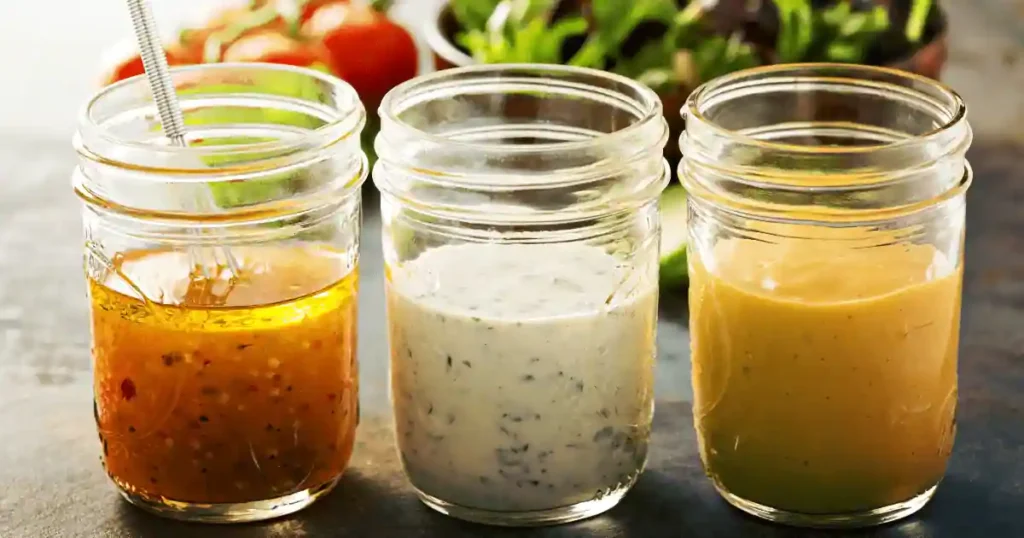
Condiments and dressings, such as mayonnaise, ketchup, and salad, can contain eggs, dairy, or other perishable ingredients. These products can spoil over time and harbor harmful bacteria. It is essential to check the dates on these things and throw them away if they are past their best.
8. Baked goods

Baked goods like bread, pastries, and cakes can quickly become stale and moldy after expiration. Consuming expired baked goods can lead to digestive issues and food poisoning. It is best to consume these items within their recommended timeframes or freeze them for more extended storage.
9. Nut butter

Nut butter, like almond and peanut butter, can go bad afterward. Eating nut butter that has gone bad can make your stomach hurt and raise your risk of getting foodborne illnesses. It is essential to check the dates on these items and throw them away if they are past their best.
10. Chocolate and candy

While chocolate and candy generally have longer shelf lives, they can still expire and lose their quality over time. Consuming expired chocolate and candy may not pose significant health risks, but they may taste stale or develop an unpleasant texture. For the best taste and quality, consume these items before their expiration dates.
11. Frozen foods

The quality and flavor of frozen goods may decrease with time, leading to their expiration. While expired frozen foods may not pose significant health risks, consuming them within their recommended timeframes is best for optimal flavor and texture.
12. Beverages

Juices, sodas, and sports drinks are among the beverages that might lose their quality and flavor over time. While expired drinks may not be harmful, they may taste flat or develop an unpleasant taste. Consuming these items before expiration dates is best for the best sensory experience.
13. Spices

Spices can lose their flavor and strength over time, so they need to work better to make food taste better. While expired spices may not pose health risks, they may not provide the desired flavor profile. It is best to replace expired spices for optimal culinary results.
14. Oils and fats

Oils and fats can become rancid, developing an unpleasant smell and taste. Eating oils and fats past their expiration date raises the risk of heart disease and digestive issues. Pay close attention to the use-by dates on these items; throw them out if they’re past their best-before date.
15. Fresh produce

Fresh produce, including fruits and vegetables, can spoil quickly after expiration. If you eat fresh produce that has passed its expiration date, you risk getting sick from eating spoiled food. Check the expiration dates on these things and throw out any food that has gone bad or is past its expiration date.
16. Grains and flours
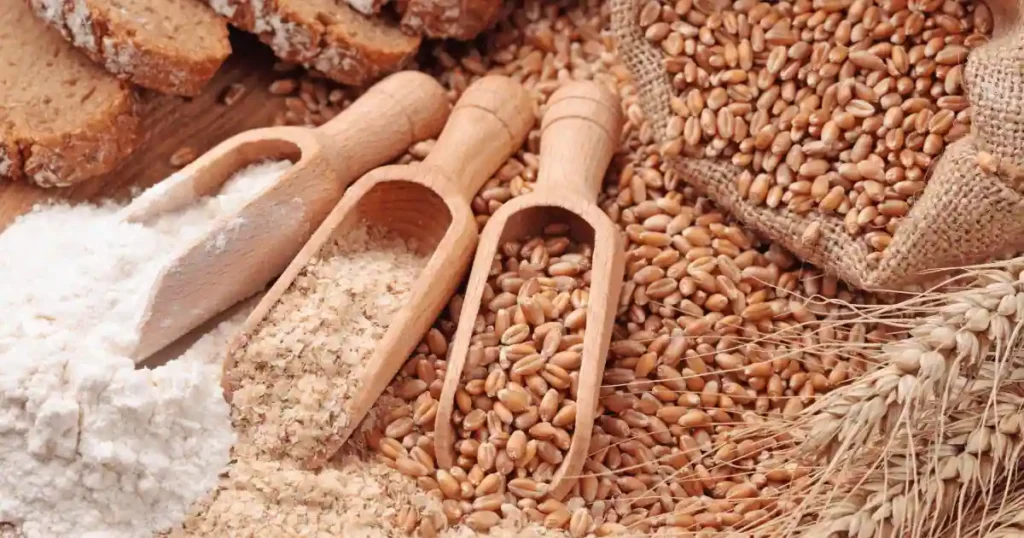
After expiration, grains and flours can become infested with insects or develop mold. Consuming expired grains and flours can lead to digestive discomfort and increase the risk of foodborne illnesses. Checking these items’ expiration dates and discarding expired or contaminated products is best.
17. Nuts and seeds

Some nuts and seeds can lose their good taste and smell over time, called “going rancid.” Consuming expired nuts and seeds can lead to digestive issues and increase the risk of foodborne illnesses. Checking the expiration dates on these products is essential, and if they are past their prime, discarding them is advised.
18. Yogurt
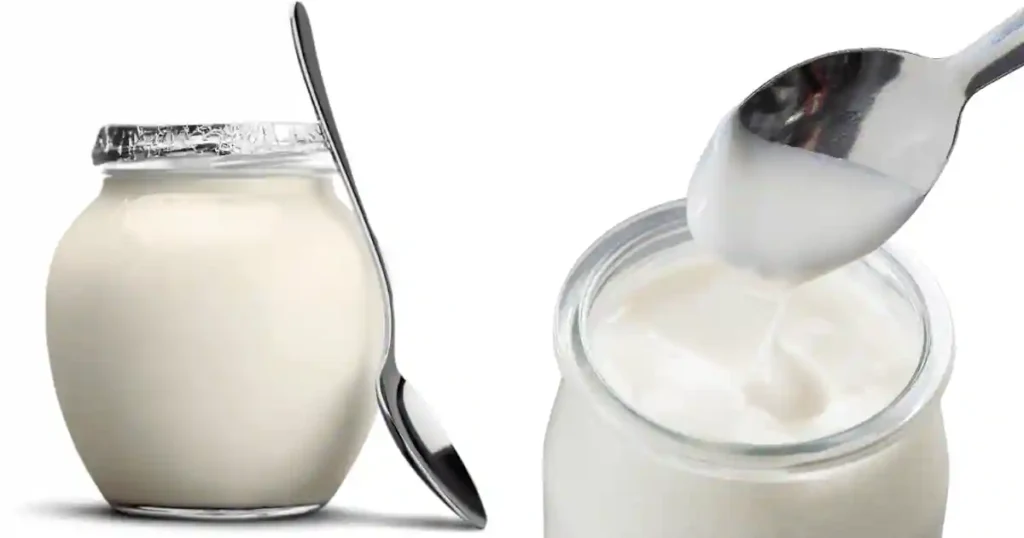
Yogurt is a dairy product. Because it is made from milk, it goes bad quickly and becomes contaminated with terrible bacteria. Eating yogurt that has passed its expiration date can cause stomach and other health problems. Regularly checking the expiration dates on yogurt containers and removing old food is very important.
19. Tea and coffee
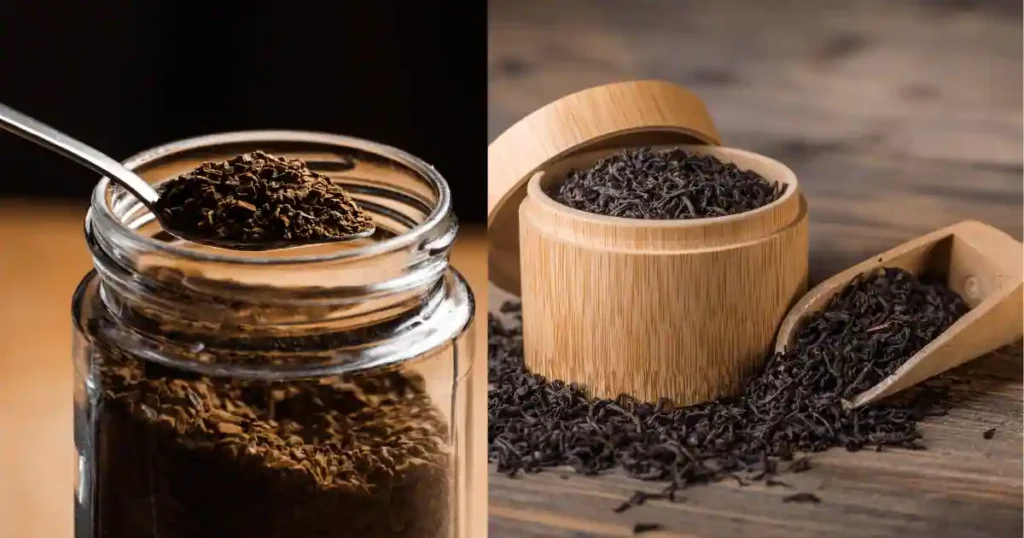
While tea and coffee generally have longer shelf lives, they can lose their flavor and quality over time. Consuming expired tea and coffee may not pose significant health risks, but they may taste stale or develop an unpleasant aroma. For the best taste and sensory experience, consume these items before expiration dates.
20. Supplements and medications
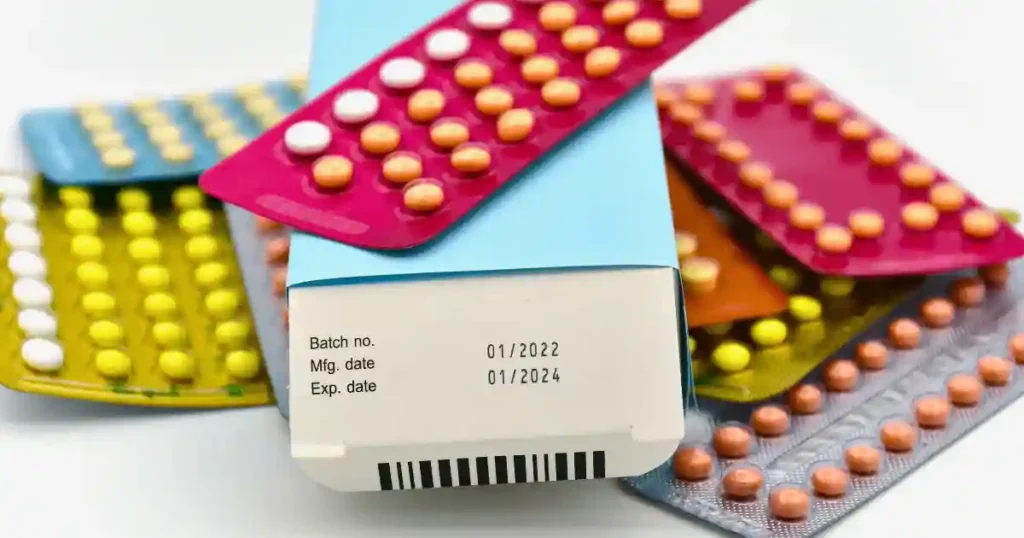
Supplements and medications can lose their potency and effectiveness after their expiration dates. Consuming expired supplements or drugs may not provide the desired health benefits and could be harmful. It is essential to verify the expiration dates on these products and dispose of those that have passed their expiry.
Also Read- Eat Your Way to a Healthy Smile: Top 10 Best Foods for Your Teeth
The importance of proper food storage

Foods that become bad should not be eaten, so storing them is essential. Food may be kept fresher for longer if it is stored properly. Here are some crucial tips for proper food storage:
- Refrigerate perishable products at temperatures below 40°F (4°C).
- For the purpose of preventing cross-contamination, raw meats and seafood should be stored in containers that are sealed.
- Grain and flour should be stored in sealed containers to prevent pest infestations.
- Freeze foods that you cannot consume before their expiration dates.
- Regularly clean and organize your refrigerator and pantry to ensure food safety.
By following these storage procedures, it is possible to reduce the amount of food that is wasted and the risk of consuming expired items.
Also Read- Signs of Food Poisoning from Chicken
Tips for Checking Expiration Dates and Food Safety

Properly checking expiration dates is a must-know skill for food safety. Presenting the following advice:
- Read labels carefully: Pay attention to the date format used (e.g., month/day/year or day/month/year) and understand the meaning of different date labels.
- Inspect packaging: Check for any signs of damage, such as bulging or leaking, which may indicate spoilage or contamination.
- Trust your senses: Use your sense of smell, sight, and taste to assess the quality of a food product. If something seems off, it is better to err on the side of caution and discard it.
Also Read- 10 Foods You Should Never Eat Raw for Better Health
Tips for reducing food waste and preventing expired foods
Food waste reduction helps avoid food expiration and is suitable for the environment. Here are some strategies to minimize food waste and avoid consuming outdated foods:
- Make a shopping list and a meal plan, so you only buy what you need.
- Properly store leftovers and consume them within a few days.
- Freeze excess food to extend its shelf life.
- Practice the “first in, first out” rule when organizing your pantry and refrigerator.
- Educate yourself and your family about expiration dates and the risks of consuming expired foods.
By implementing these tips, you can save money and ensure that the food you consume is fresh and safe.
Common Misconceptions About Expiration Dates
Several misconceptions surrounding expiration dates can lead to confusion and potentially unsafe food consumption. Let’s debunk some of these common misconceptions:
- “Expiration dates are arbitrary”: As discussed earlier, expiration dates are carefully determined based on scientific research and testing.
- “Expired foods are always unsafe”: While it is generally safer to avoid expired foods, some products may still be safe to consume after expiration. However, using your judgment and considering the specific food item is crucial.
- “Foods never expire in the freezer”: Freezing can extend the shelf life of foods but does not make them last indefinitely. It is still essential to consume frozen foods within a reasonable time frame.
Also Read- 8 Health Benefits of Red Foods
How to safely dispose of expired foods

When disposing of expired foods, it is crucial to do so safely and responsibly. Here are some guidelines to help you safely dispose of expired foods:
- Check local regulations regarding food disposal.
- Separate expired foods from other waste to prevent contamination.
- Compost fruits, vegetables, and other organic waste if possible.
- Place expired canned goods and packaged foods in sealed bags before disposing them.
- Consider donating non-perishable, unexpired foods to local food banks or charities.
By following these disposal guidelines, you can ensure that expired foods are correctly handled and minimize any potential environmental harm.
Conclusion
Eating expired food can have serious health effects. You should only consume dairy products, meat, and seafood by their expiration date. You should know when foods go bad, store them safely, and not waste too much food so that you don’t eat things that have passed their expiration dates. If we follow these guidelines and remember to check expiration dates, we can protect ourselves and our loved ones from harmful food poisoning by eating a healthy, balanced diet. Always keep it safe, and dispose of perishable food items after their expiration date.
Hi there! I’m content writer and blogger. With over two years of experience, I’ve shared my passion for writing across various platforms. I firmly believe in the transformative power of words and look forward to sharing this journey with you. Enjoy my work!









